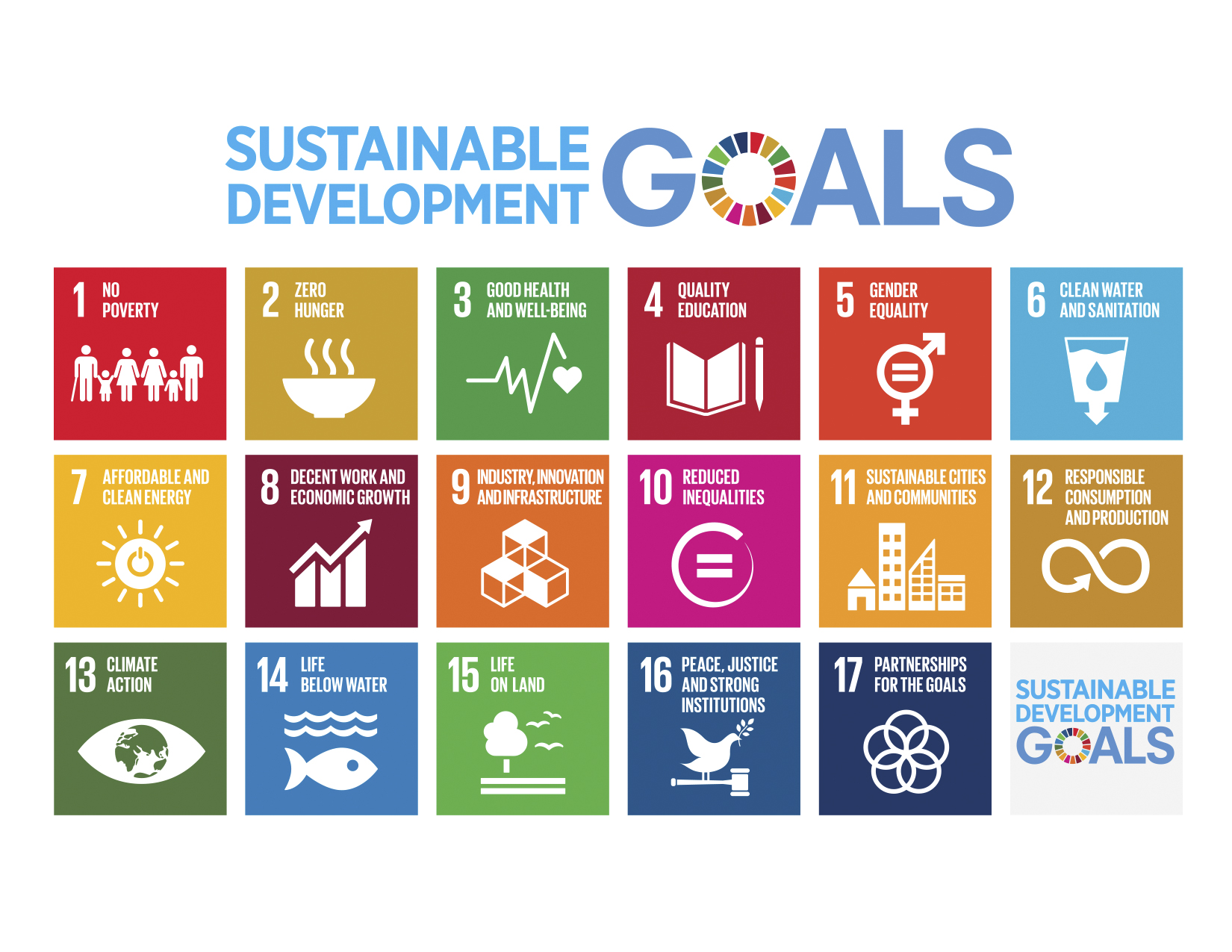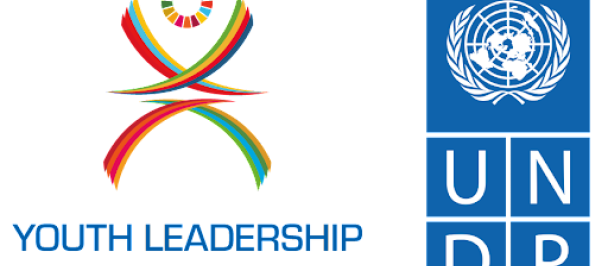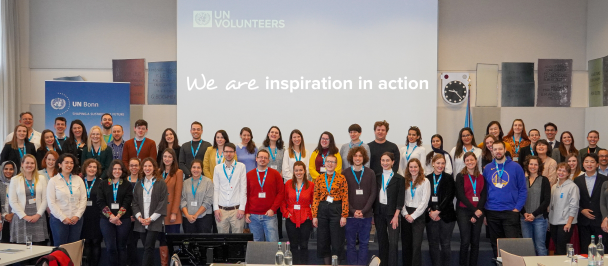--- Image caption ---
Advocacy is critical for building momentum and commitment to the SDGs' achievement. The SDG Advocacy Group is made up of prominent individuals who are actively leveraging their unique resources, networks, and specialized talents to assist in the implementation of the 2030 Agenda.
CSOs play a key role in translating the global agenda into national priorities. In return, they ensure that the priorities of these countries reflect the real-life local, regional, and local needs of people's lives through their supporters and the citizens with whom they work. In this way, CSOs act as catalysts for important global and national agendas, helping to bring the voice of the public into domestic debate and the development of domestic strategies.
As part of the King Khalid Foundation training program "Advocacy Skills for Sustainable Development.", organized by KKF, and with the contribution of UNDP in the capacity building, a workshop was held last to discuss and emphasize on the role of non-governmental organizations (NGOs) in campaigning for the SDGs at the national level.
Objectives connected to raising the non-profit sector's contribution to GDP from 0.3 percent to 5% and increasing the proportion of socially useful development projects from 7% to 33% are among the non-profit sector's results in the Saudi Vision 2030.
The workshop focused on:
1- The process of the Sustainable Development Agenda 2030,
2- Monitoring the progress of SDGs achievements.
3- The role of non- profit organizations in the achievement of the SDGs
4- Advocacy for SDGs
During the workshop, participants from different NGOs were given the opportunity to thinks and brainstorm on ways to turn the SDGs into reality, giving the fact that NGOs emphasize on long term efforts and sustainability.
On a similar note, the workshop tackled the needs and challenges related to monitoring and data collection, the role of data and statistics, including data disaggregation, data dissemination and accessibility for implementation and monitoring, and alignment with the pledge to leave no one behind.

 Locations
Locations




